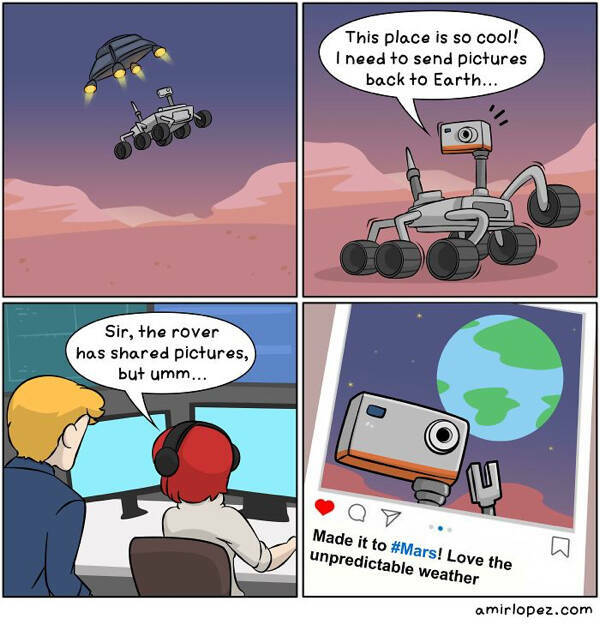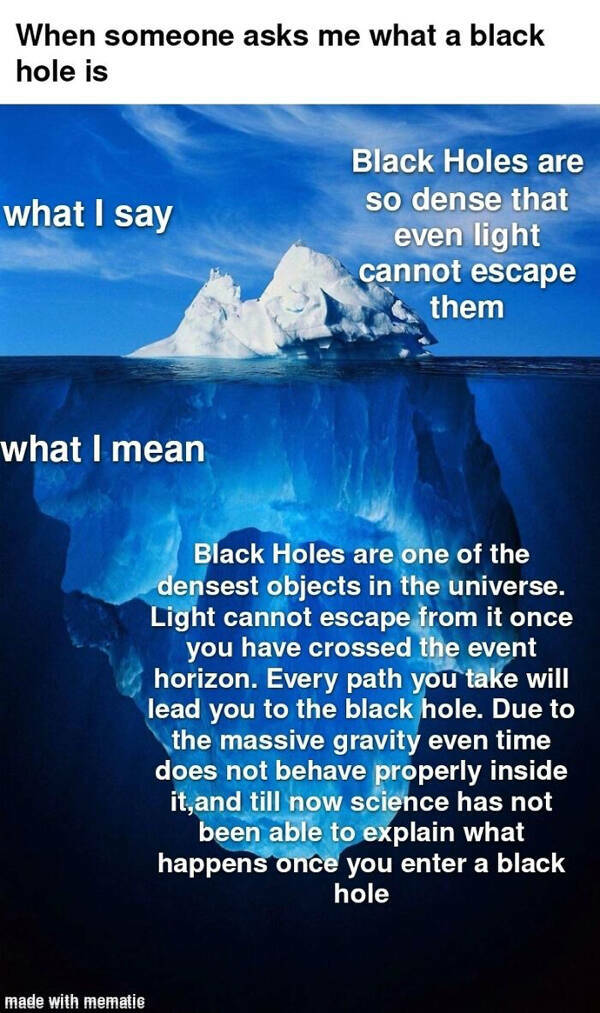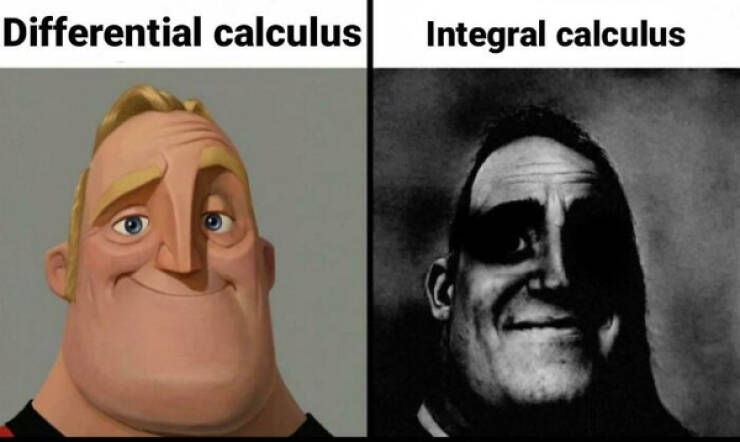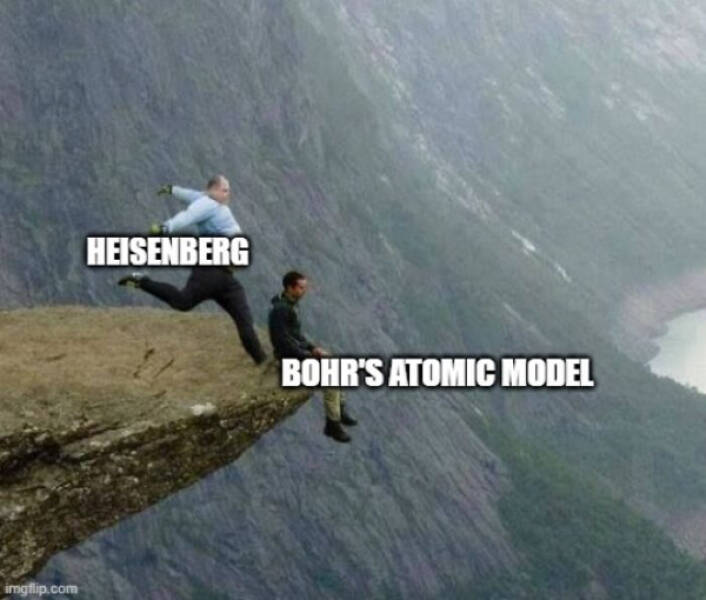• Don't insult other visitors. Offensive comments will be deleted without warning.
• Comments are accepted in English only.
• No swearing words in comments, otherwise such comments will be censored.
• Your nickname and avatar are randomly selected. If you don't post comments for 7 days, they both are reset.
• To choose another avatar, click the ‘Random avatar’ link.



















The "event horizon" is so named because from the perspective of everything outside the black hole, all events stop. Completely. If we could observe an object reach the event horizon, it would freeze in time and remain that way for eternity, never changing in any way whatsoever no matter how many trillions of years we observed it. Forever. This is why we'll never be able to see inside of one. "Information" does escape, however, in the form of Hawking Radiation, and even all black holes, like stars and planets, will eventually fade away from existence due to entropy.
For the object entering the black hole, events would occur normally. The object would get stretched out, forever falling into the singularity- a point of infinite density in which all quantum mechanics break down. It's a place in which any direction you turn will always face the center.
The stretching, or "spaghettification" happens because the gravitational force overpowers the bond between molecules. As it falls, gravity becomes even more powerful than the strong and weak nuclear forces and rips apart the atoms themselves, breaking them down into the most elementary particles of matter- strings.
The details of what we know about quantum mechanics take us almost all the way down, but since we can't directly observe what ultimately happens, it's still a mystery. Unfortunately- barring some massive, physics-altering technological breakthrough- the answer will continue to elude us indefinitely.
TL,DR: Black holes are really, really neat.